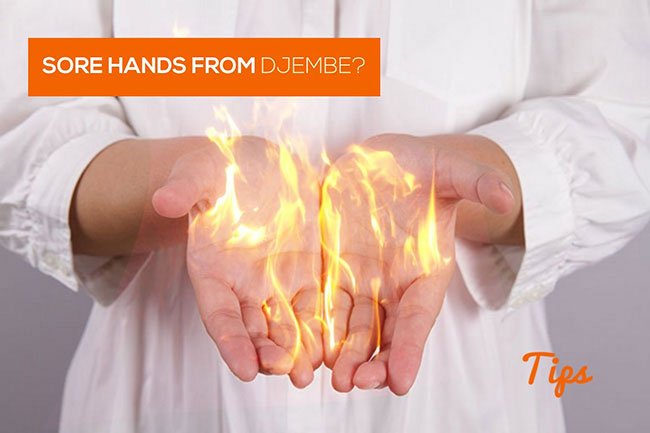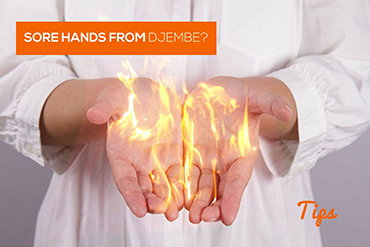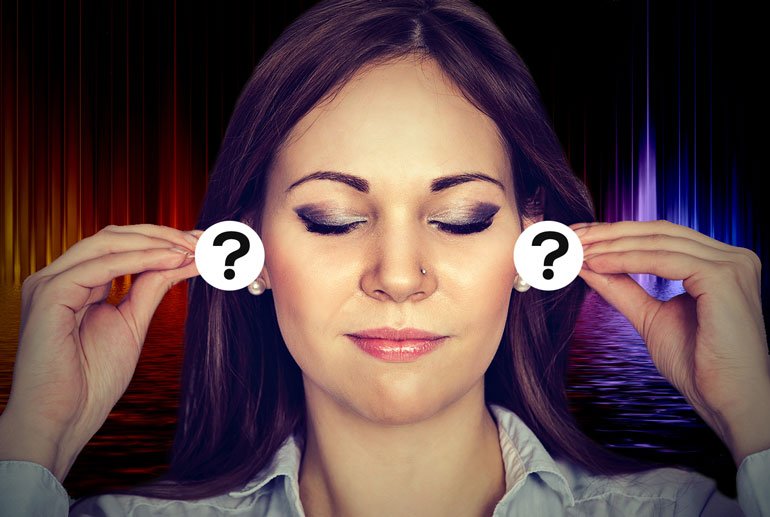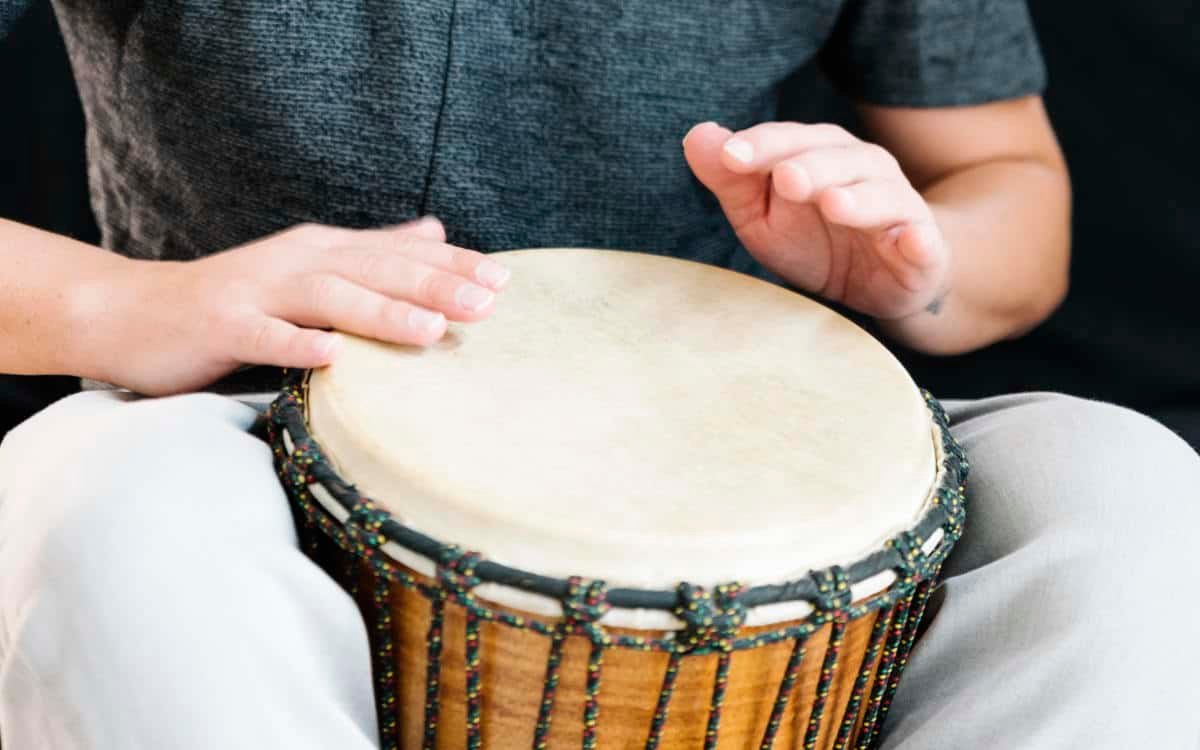
If you get sore hands from playing djembe, this is worth a read.
Zombie Horror Djembe Show
A couple of years ago, I was playing a particularly long show. My hands were in pain and I knew they would at least be bruised. As we approached our big finale, I looked down and discovered my entire djembe was covered in blood.
Hours of playing had opened up a small split in my hand and it had bled everywhere. In an instant my performance turned into a zombie horror fright fest.
The audience were in shock. The sound guy was wide-eyed. I don't care what you say about 'bleeding for your art', it's not a good look on stage.
I pretended to laugh it off and soldiered on, but I was mortified.
This is an extreme case, but it shows you what comes from over-exerting yourself. Constantly striking yours hands against the djembe takes it's toll.
You should accept that some discomfort is unavoidable. If you want to drum, there is going to be a price to pay. You have probably experienced it already.
However, it needn't be a horror show and there are ways to minimize it until it's no longer an issue.
What I learned from my embarrassing gig was that you need to prepare, you need to take care of your hands and you need to know your limits.
Over time, I came up with a routine that keeps my hands supple, soft and pain free. I've avoided thick calloused palms, splits in the skin and unnecessary discomfort.
And I haven't bled on stage since.
Symptoms
The continuous impact of hitting your hand against the drum can result in an over-use or mild trauma injury. The repetitive strain can damage and inflame the tissues and leave them painful.
There are a few more symptoms too. You may notice the following after excessive drumming:
- Sore and bruised hands
- Blisters
- Split skin on fingers
- Discolored urine
- Small black spots on the palm of the hand
The good news is that on the whole they are usually minor issues and I have always recovered from them.
My Routine
In general, use a little moisturizer to soothe and repair hands before and after playing. You will eventually develop callouses that will protect your hands and the tips of your fingers.
To keep my hands in great shape I use this method:
1. Sore & Bruised Hands
If you have sore or bruised hands after a long djembe session, try the following.
1: Epsom Salts
Prepare a bowl of lukewarm, very salty water. Epsom salts, like these on the right are great for this.
Soak your hands for 10 minutes or more.
The warm water will help your circulation and reduce bruising. The salt draws the fluid in your skin out of your pores and reduces swelling.
2: Shea Butter
When done, dry your hands and rub in some shea butter.
Any type should do, but I use this:
Then give your hands a break!
2. Blisters
If you develop blisters during or after a session:
- Wash them in lukewarm water using a mild soap.
- Disinfect them with a disinfectant alcohol wipe to rid them of any bacteria. It use these ones because they are small and you can keep a few in your djembe bag.
- Apply an antibiotic ointment such as this to sooth and prevent infection.
3. Split Skin on Fingers
Split skin can happen when playing hard with dried out fingers. If the skin on your fingers splits, as can happen after a particularly long drumming session, start by cleaning the wound.
Then scrub it with a clean pumice stone such as this one to remove any dead skin.
Once your hands are a bit softer, rub in some shea butter. Make sure your hands are dry afterwards.
Then use a medical paper tape such as Micropore. I prefer this to regular sticky fabric plaster tape because it keeps your fingers from gettng moisture logged under the tape.
However, that wouldn't suit you if your hands tend to be more sweaty. In that case, I would use this non stretch athletic tape.
Don't wrap the fingers too tight. Then give your hands a rest until the wound heals.
4. Dark Colored Urine
This is an unexpected symptom I had a while back after a long session. After a show I went to pee and my urine was a dark brown.
I was quite taken back, but I had heard of this happening.
It went away fairly quickly. I drank lots of water and by the next day my urine returned to normal.
If you want to know more, this case study on the US National Library of Medicine calls it percussion hemoglobinuria.
Tips for Easier Playing
- Remove rings, watch and jewellery before playing.
- Some tenderness of the hands is to be expected in beginners, but rest if playing becomes overly painful.
- Before playing, apply shea butter to your hands.
- If you require more protection, wrap tape around the tips of the fingers before you play. This will absorb some of the impact and can also prevent them from drying out.
- Drink water! Keep yourself hydrated to assist the kidneys in repairing damage to the hands.
- Regular short sessions, rather than infrequent and long ones are better for the hands.
- Discomfort should ease within a few sessions of regular playing as the hands become accustomed.
This is not medical advice. See your doctor if you have concerns.





















Very useful, my boyfriend plays the drums and always complains of his hands paining or even bleeding.
Glad to help.